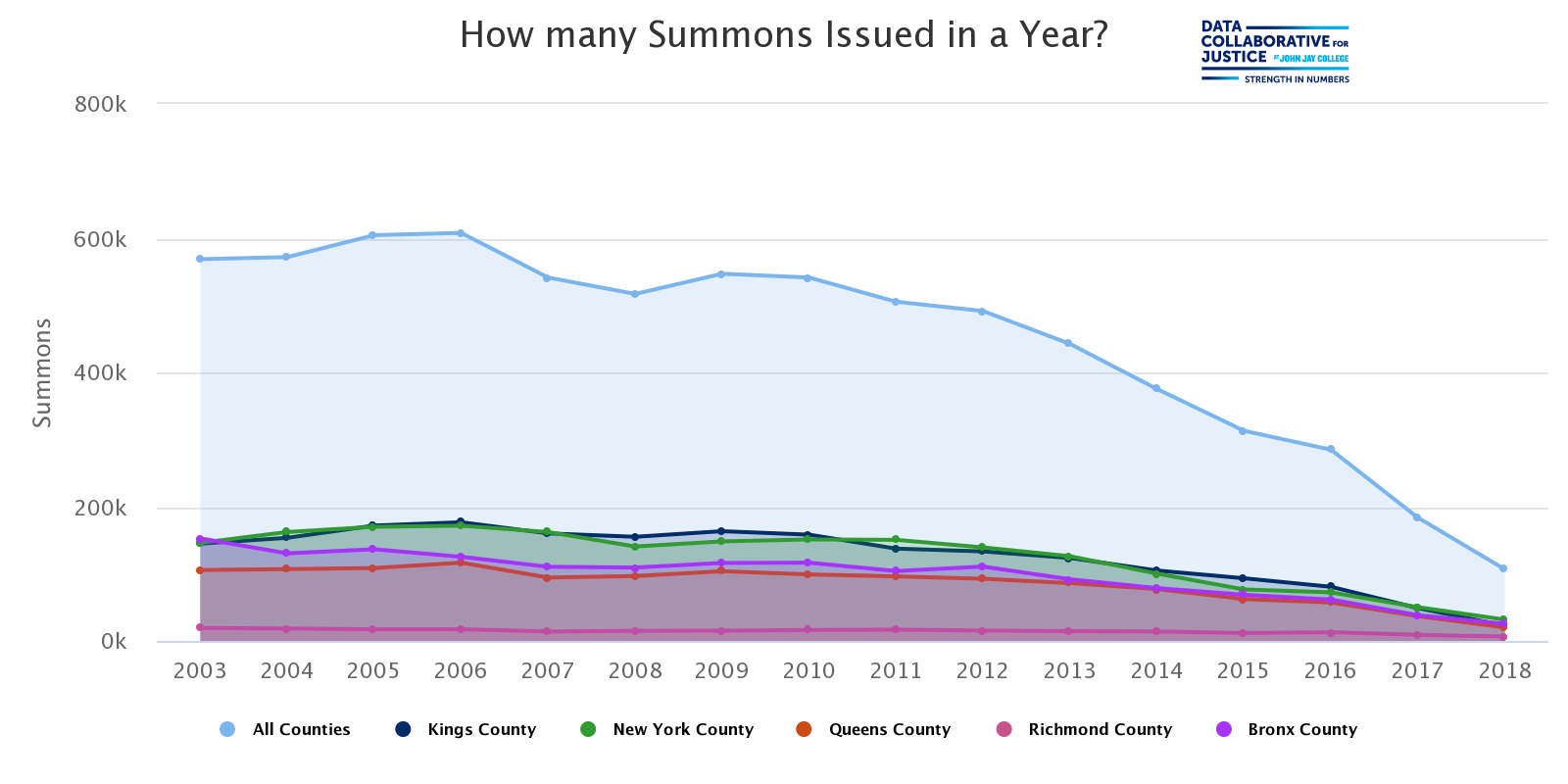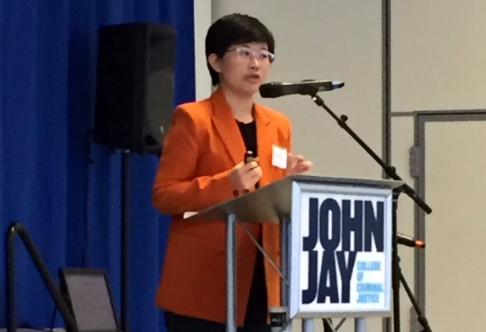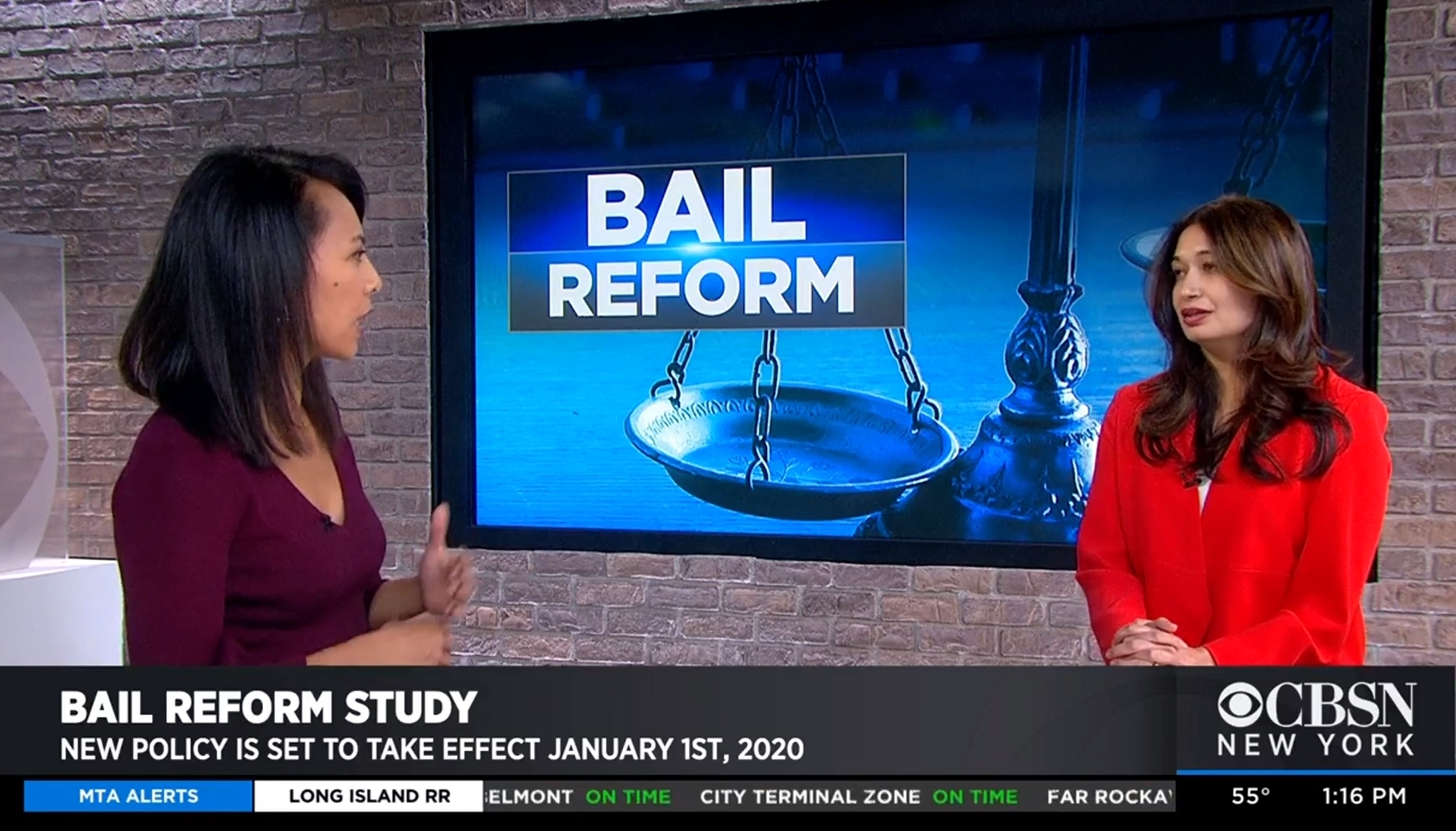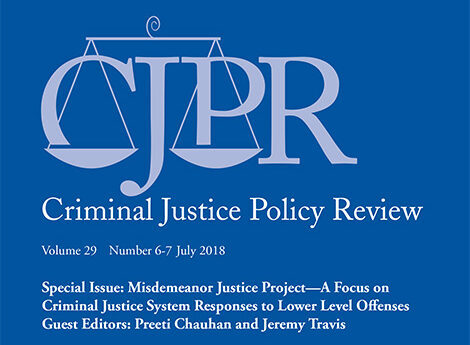What We Do
The Data Collaborative for Justice (DCJ) works with local criminal justice leaders to conduct research on the operations of the criminal legal system. This model provides an opportunity for local decision-makers to understand their data, request data analyses to inform their thinking, and identify opportunities to make operational changes and reforms. At the same time, DCJ’s commitment to public release of our research ensures the public, press, and advocates have access to critical information about how the criminal legal system impacts communities.
Our Vision
Every community in the nation uses data and research as the basis of a shared vision for how to achieve public safety in a manner that is just, equitable, and increases trust and confidence in the criminal legal system.

Our Values
To raise important questions and share critical research about frequent interactions between community members and the criminal legal system. This encompasses enforcement and supervision in the community, the adjudication of cases in the courts, and the use of confinement in jails and prisons.
Our Policy Impact
DCJ’s work ensures that communities have the necessary information to develop, implement, and evaluate evidence-based policies, practices, and programs. Our data based, collaborative approach to criminal justice is making an impact by:
Influencing Criminal Legal System Operations and Policy Reforms
DCJ’s research has influenced a variety of policy and legal changes in New York City and State. For example, DCJ’s research on marijuana possession enforcement influenced local enforcement practices and state law reforms. In September 2018, the New York City Police Department changed its practice of arresting people for public consumption of marijuana and instead began to routinely issue summonses for this crime. Finally, in June 2019, the New York State Senate cited DCJ’s research on racial disparities in support of a law that decriminalized possession of small amounts of marijuana and requires automatic expungement of misdemeanor marijuana possession convictions.

Informing the Public Discourse on Key Criminal Justice Issues
DCJ’s work has been cited in a variety of influential media outlets including mainstream media (The New York Times, New York Daily News, The Wall Street Journal, NPR, The St. Louis Post-Dispatch, The Guardian), criminal justice media (The Crime Report, The Chief, The New York Law Journal), and other influential outlets within their respective fields (Inside Philanthropy, City Limits). Please see DCJ’s Press page for a complete list of articles that cite DCJ’s work.

Inspiring Local Collaboration Around Data Collection and Transparency
Through DCJ’s Research Network on Misdemeanor Justice, researchers are collaborating with local government and criminal justice agencies to replicate the DCJ model. The Research Network supports researcher-government partnerships around the country that publish data and research on local criminal justice systems. The Research Network also seeks to draw national attention to the issue of lower-level enforcement, which historically has received little attention despite making up the majority of contacts people have with the criminal legal system.

Left to Right: Arnold Ventures Executive Vice President Jeremy Travis, Former NYPD Commissioner James O'Neill, John Jay President Karol Mason, DCJ Director Preeti Chauhan, First Deputy Commissioner NYPD Ben Tucker, and Citizens Crime Commission President Richard Aborn
Raising Important Criminal Justice Questions for the Research Community
DCJ seeks to engage the academic community on important criminal justice issues that require additional research. For example, until recently, lower level enforcement had received little scholarly attention. In order to address this gap, DCJ regularly produces academic articles on key criminal justice questions. In 2018, DCJ put together a special issue of Criminal Justice Policy Review focused exclusively on the criminal legal system’s response to lower-level offenses. The special issue papers focused attention on unanswered questions regarding the role of police discretion in enforcement, the processing of lower-level cases through the courts, the prevalence of pretrial detention, and the impacts of lower-level offenses on individuals and communities.
